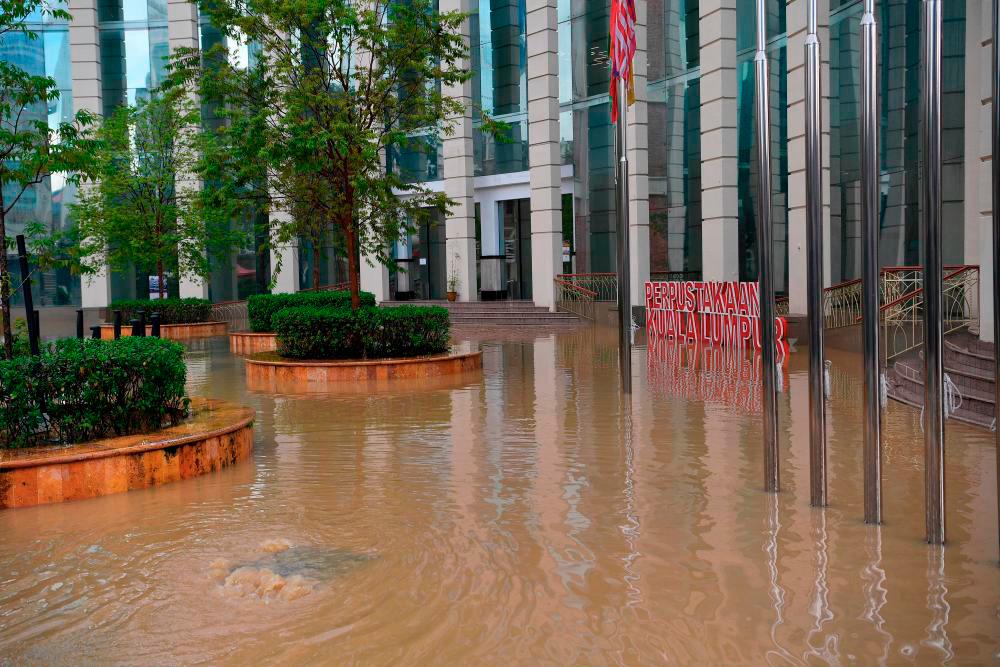PETALING JAYA: The government should expand efforts within its control to address flood mitigation even though billions of ringgit have been spent on such projects, water quality and hydraulic modelling expert Dr Zaki Zainudin said.
According to Zaki, there is a variety of factors which contribute to floods, such as high rainfall, climate change, hydraulic conveyance capacity of rivers, overdevelopment, deforestation, siltation, sedimentation and others.
“These factors can (vary) from one area to the next, and while it is possible to make predictions, they are not 100% accurate. Nonetheless, (we can identify and forecast) certain high-risk flood areas using hydraulic modelling tools,” he told theSun.
Zaki said more efforts should be made to address the problem at hand instead of pointing fingers at factors beyond our control.
“As far as preparations in facing such disasters are concerned, the government has spent billions of ringgit on flood mitigation projects, but to what end?”
Experts have said the recent floods in Baling, Kedah were mainly attributed to the flow of debris as mentioned in a government official report, whereas the monsoon floods between October and December are an annual occurrence.
He advised the government to reduce or eradicate deforestation, step-up forest restoration and preservation, and control and minimise development in flood-prone and sensitive areas.
“These are some of the factors within the authorities’ control that can reduce the risk of flooding.”
Other factors include the control or prevention of siltation and sedimentation, as well as structural control measures involving retention ponds and river excavation.
“We must also be ready to face the monsoon floods, with coordination between all related federal and state agencies.”
Zaki said preparation of assets and their deployment, including to strategic flood relief centres, as well as deployment of rescue and medical teams, are crucial in flood management too.
“Issuing early flood warnings to affected residents and public education and awareness on not to swim or wade in flood waters due to the risk of waterborne diseases, dangerous debris, underlying currents as well as Covid-19 management and prevention during floods are all crucial to the management plan,” he added.
Meanwhile, the Kembara Kitchen emergency response team has been preparing for the floods. Its founder and chief activist, William Cheah, said his team has been stocking up on essential items for flood disasters.
“The main food item needed during floods is non-perishables. We came up with a Ready to Eat (Retort) food packs that can keep for at least a year without refrigeration or cooking.”
Cheah said donations and sponsors for its Retort food packs had slowed down following the Covid-19 pandemic, but that has not stopped his team from trying to produce more in preparation for the upcoming flood season.
“We have distributed 400 cartons of Retort food packs even before the monsoon flood season, to disaster areas such as Baling and Janda Baik in Pahang.”
Cheah said donations will pour in once the floods occur, but by then, it will be too late to produce the Retort packs that are needed for the flood victims.
“We hope donors understand that donations for disaster programmes are needed all year long and not just during a disaster as preparations are done months in advance, such as in June or July, before the disaster strikes,” he added.













